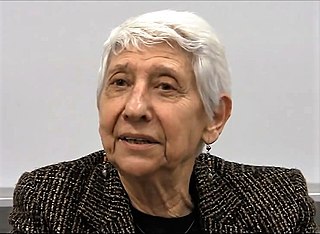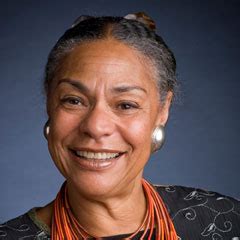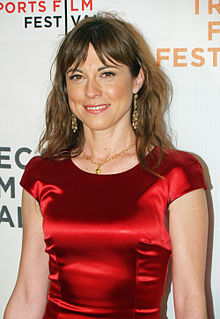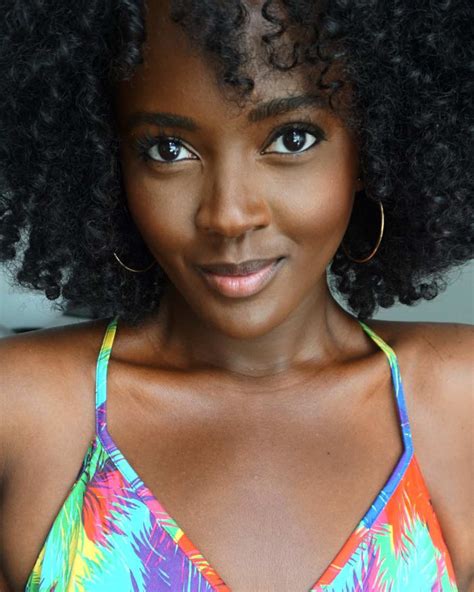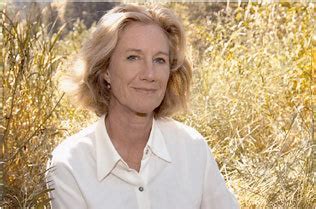A Quote by Romola Garai
Motherhood so often comes in conflict with women's capacity to express and live their own lives.
Related Quotes
You are not here to please other people or to live your lives their way. You can only live it your own way and walk your own pathway. You have come [here] to fulfill yourself and express love on the deepest level. You are here to learn and grow... When you leave the planet... the only thing you take is your capacity to love!
Women have always been the primary victims of war. Women lose their husbands, their fathers, their sons in combat. Women often have to flee from the only homes they have ever known. Women are often the refugees from conflict and sometimes, more frequently in today's warfare, victims. Women are often left with the responsibility, alone, of raising the children.
Feminism or the family? Carried to excess maybe. I have insisted that women cannot be defined solely in those terms. But for a great many women - not all, because we are only beginning to realize and affirm the diversity of women themselves - choosing motherhood makes motherhood itself a liberating choice.
If we fail to realize our full potential as human beings, we live more on an animalistic level. This is fine for dogs, cats, and chimpanzees but doesn't work quite so well for women and men. Without the capacity to freely shape our own lives, much as a sculptor might carve stone, we inevitably slip into negativity and depression.
What had really caused the women's movement was the additional years of human life. At the turn of the century women's life expectancy was forty-six; now it was nearly eighty. Our groping sense that we couldn't live all those years in terms of motherhood alone was "the problem that had no name." Realizing that it was not some freakish personal fault but our common problem as women had enabled us to take the first steps to change our lives.
Let's just call what happened in the eighties the reclamation of motherhood . . . by women I knew and loved, hard-driving women with major careers who were after not just babies per se or motherhood per se, but after a reconciliation with their memories of their own mothers. So having a baby wasn't just having a baby. It became a major healing.





